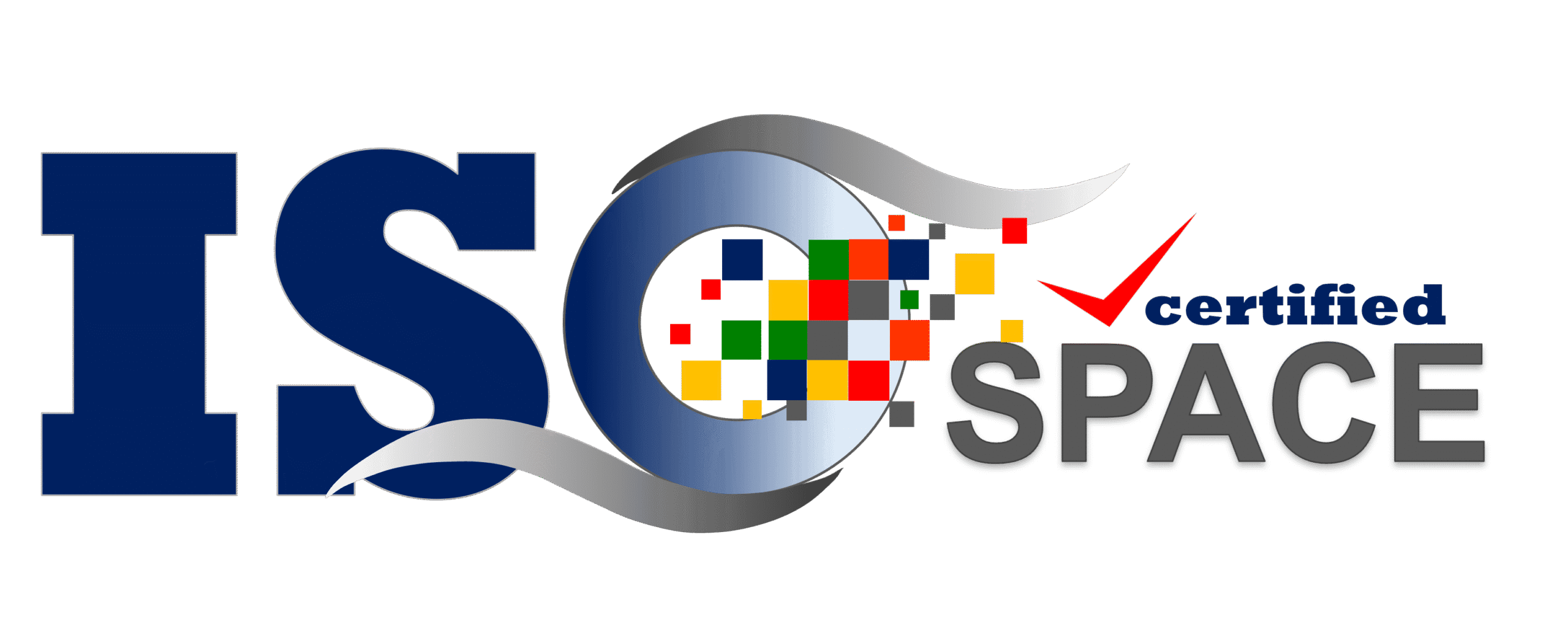Are you an MSME owner? You feel like your product or service is good, but it’s difficult to penetrate larger markets, let alone export? Or perhaps you often lose out to competitors who appear more “professional” and are trusted by buyers?
Many assume that MSME failure is solely due to capital or marketing issues. But there’s one key factor that’s often overlooked: a “secret” held by large, successful companies: ISO International Standards.
You might be thinking, “ISO? That’s for big companies, complicated, and expensive!” Herein lies a misperception that actually causes many MSMEs to fall behind. Let’s explain it with simple logic.
Imagine This: A Potential Big Client Comes to You
A potential corporate client or international buyer comes to assess your business. Which is more convincing to them?
- Situation A: You say, “Trust me, sir. Our products are high quality and our team is experienced.” (The client can only nod, but there’s doubt in their mind.)
- Situation B: You show an ISO 9001:2015 (Quality Management System) certificate and explain, “This is proof that every process in our company, from raw material receipt to delivery, follows internationally standardized procedures to ensure consistent quality. We have clear documentation and are ready to be audited at any time.” (The client immediately trusts you because there’s an objective, globally recognized standard.)
Which will win your trust and the contract? The answer is clear: Situation B.
So, what exactly is ISO?
In short, ISO (International Organization for Standardization) is a standard created to ensure that an organization’s products, services, and systems meet safety, quality, and efficiency requirements. It’s not just a “showcase certificate,” but a framework for building a healthy and structured business.
For MSMEs, there are several types of ISO that are most relevant:
- ISO 9001: Quality Management System. This is the foundation. It forces you to standardize processes, reduce errors, increase customer satisfaction, and continuously improve. The result? Your products/services are consistently high quality.
- ISO 22000: Food Safety Management System. Very important for MSMEs in the culinary and food and beverage sectors. This is the “ticket” to enter large supermarkets or export.
- ISO 14001: Environmental Management System. Increasingly relevant in an era concerned with sustainability. Environmentally friendly businesses have added value.
- ISO 45001: Occupational Health and Safety Management System. Shows you care about your employees, which impacts productivity and company image.
Why Do MSMEs Often Fail WITHOUT ISO?
Here’s why many MSMEs get stuck and fail to compete without ISO:
- Lack of Trust (Trust Gap): In the eyes of customers, especially B2B (Business-to-Business), ISO certification is a guarantee. Without ISO, MSMEs are perceived as “small-time” businesses whose operations are unscalable. Trust is the main currency in modern business.
- Ambiguous and Inconsistent Processes: MSMEs often rely on “the boss’s system” or memory. If the owner is careless, product quality can plummet. ISO ensures there are standard procedures that everyone follows, so quality remains consistent even when the owner is on vacation.
- Difficulty Penetrating Export Markets and Government Tenders: Nearly all government tenders and requirements from international buyers require ISO certification. Without it, the door to the biggest opportunities is firmly closed. You’re left struggling in an already overcrowded local market.
- Wasted Costs and Time: Without a documented system, repeated errors, defective products, and inefficient work are commonplace. ISO helps identify these areas of waste, saving you money in the long run.
- Losing the Competition: When your competitors are ISO certified, they easily attract quality clients. You’ll continue to compete with low prices, with very thin margins.
Debunking the Myth: “ISO is Expensive and Complicated!”
This is the biggest barrier. Let’s set the record straight:
- “Expensive?” This perception is outdated. Many consultants and certification bodies now offer special packages for MSMEs at affordable prices. Some local governments even provide funding or subsidies for MSME certification. Consider this an investment, not a cost. The benefits of securing new contracts will far outweigh the certification costs.
- “Complicated?” The process does require commitment, but it’s not as complicated as you might think. Consultants will help tailor the ISO system to the scale of your MSME business. The principle is “document what you do, and do what you document.” You simply need to document the processes that are already in place and improve any shortcomings.
It’s Time to Upgrade!
Having ISO certification for MSMEs isn’t just about style. It’s a strategy for survival and growth in an era of global competition. ISO is the language of business understood worldwide.
So, the question is no longer “Do I need ISO?”, but “When will I start implementing ISO for the future of my business?”
Don’t let your business fail to compete simply because of a lack of a standard that has become a global norm. Start by learning about ISO 9001, consult with experts, and take steps to transform your MSME from a mere “small business” into a professional, trusted, and internationally-ready company.
Find information about trusted ISO consultants in your city or attend an online seminar on ISO implementation for MSMEs. Small steps today can make a big difference in your business’s success tomorrow.
For more information or assistance with ISO certification, contact us at:
Call Center: 082288303338
Email: marketing@isospace.id
Contact: Kristina Saragi, 081268161778, kristina@isospace.id
Thank you for reading!

Leave a Reply